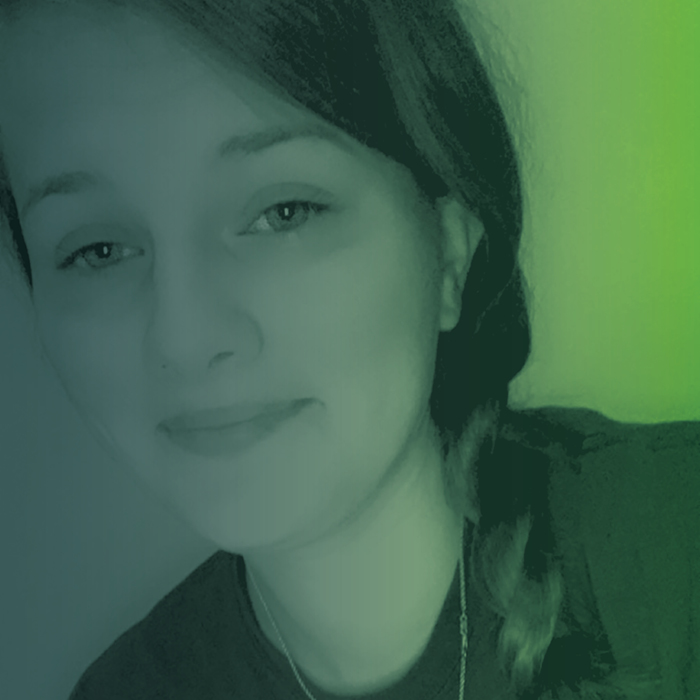How long have you worked at Ellipsis?
I’ve worked for Ellipsis for two years and have gained experience as a direct care staff member, floating position, and supervisor. Currently, I work at the Ellipsis Supervised Apartment Living campus and help out at the Ross Campus Residential Treatment Center and south campus location as a youth care worker.
What drew you to work at Ellipsis?
When I interviewed, I met with the Ellipsis program director, Fred Buell. Fred was passionate and driven to provide a bigger and better life for at-risk youth in the community by equipping them with skills to be successful in their adult life. I wanted to do the same with my career. I felt Ellipsis provided many care options for their youth, meeting them at different levels for that period in their lives, and I knew I wanted to be a part of it!

Can you recall a moment when you felt like you were in exactly the right place, doing exactly what you should be doing?
We had a youth who struggled behaviorally nearly every hour throughout the day. One night he requested me to go to his doorway, which I did. Immediately I noticed he was crying and asked if I could help him with his hair — at the time, other kids were making fun of him for it. I spent four hours combing through his hair and used that space to have some in-depth conversations with him. In that moment, I realized this is the field I wanted to be in.
What are some of the more challenging aspects of this job?
It can be a chaotic environment at times, and we, as staff members, need to remain calm. That can be pretty hard, depending on your role and what may be going on. The youths who stay in our residential programs also have slang, and it’s helpful if we learn it so we understand what they’re talking about. One of the hardest things is balancing work and personal life; not taking work home with you after a stressful day is tough.
What are some of the rewarding aspects of the job?
The clients Ellipsis serves tend to weigh on the side of caution when it comes to trust. It's extremely rewarding when I’m able to build trust and respect from the youth. There are also times when I’m able to piece together things that could help a youth’s programming and make a difference in their lives while they are staying with us.
Why is it important to have residential programs in communities and qualified people working in them?
It’s important to have residential programs in the community to remind youth they’re still kids and allow them the freedom to act as such while they can. This kind of group learning/living environment allows them to gain new experiences that will assist them in being successful young adults and adults. As for our staff, it’s important for us to be compassionate, driven, trusting and empathetic for the variety of people we meet and work with.
What is a misconception people may have about Ellipsis or residential programs?
Ellipsis is much more than a group home for at-risk youth. When youth come to Ellipsis, they’re given programming and many tools and resources to better their lives. Youth are able to go into different levels within Ellipsis to eventually gain their own apartments and graduate from school. It really is a continuum of care for youth of all ages.
